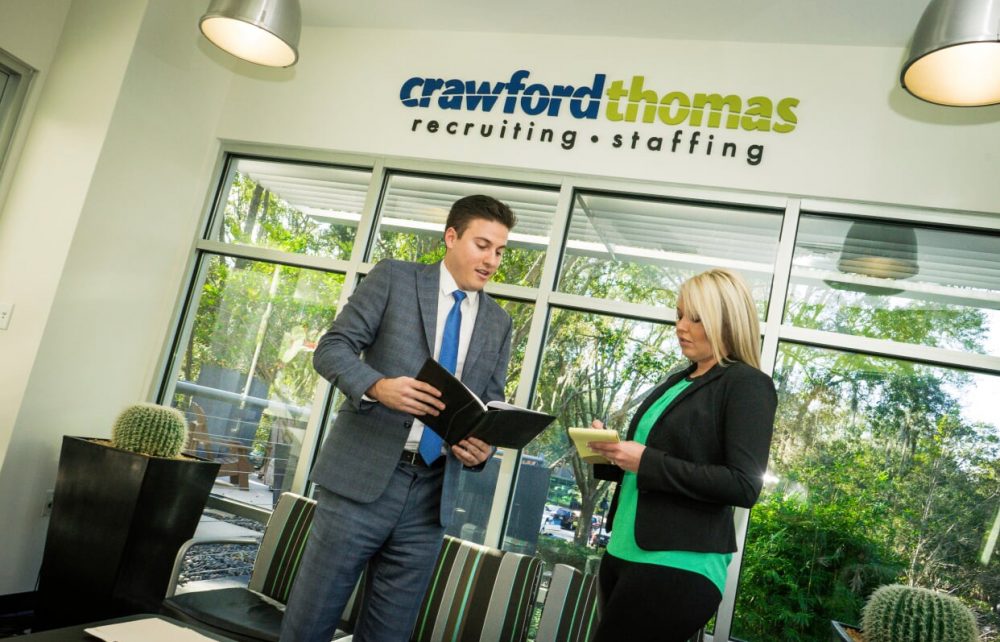Let’s cut right to it, more than 50% of sales reps today are missing quotas. Conducting a successful sales interview is the difference between hiring a top performer who will consistently achieve their number and drive revenue, or bringing on a mediocre salesperson who hinders revenue generation and could potentially lower team morale. In order to perform a successful and time efficient sales-interview, you’ll need to follow these 3 easy steps.
Be Prepared
Rule number one is to be prepared. You expect the candidate to show up on time, resumes in hand, research done, something to write with and even a brag book. You, as the interviewer, should be prepared as well. According to Peak Sales Recruiting, “If an interviewer is unprepared, time is wasted on “get-to-know-you” or “ice-breaker” questions, which does not aid in evaluating the candidate’s skills, experience, and competencies. The candidate has more opportunities to fool the hiring manager into thinking they’re the ideal candidate, and the odds of making a bad sales hire increases.”
Preparation for an interview includes having a substantial knowledge of the position, more than what’s listed on the job description online.
These details could include the size of the sales team and how they’ve been performing over the past 2-5 years, the performance of the territory they would be taking over, vacation time offered, and much more. Top performing candidates want to know this information.
Being able to provide these details – versus needing to follow up with the correct information later, positions your organization as having a strong interview and recruitment process, which improves the candidate experience.
Avoid Common Interview Mistakes
Conducting a successful sales interview is reliant on the interviewer’s ability to run the conversation smoothly and obtain needed information. There are a few very common mistakes that interviewers will make, especially during a sales interview. First, avoid trying to connect with these candidates on a personal level. They’re there to obtain a vacancy, and while it’s common for hiring managers to attempt to hire based on a cultural fit, it should not be a deciding factor in an interview.
Make sure to ask behavioral questions instead of the common, “what would you do in this situation?”, Without using behavioral questions, sales hiring decisions are based on hypothetical promises instead of facts.
According to Peak Sales Recruiting, “Organizations make the mistake of thinking it’s only the candidate’s job to prove why they’re the right fit for the role. With nearly 75% of candidates today being passive, providing upfront information about growth opportunities, role responsibilities, compensation, and culture will help entice these ideal candidates.”
Employers should do everything in their power to avoid prolonging an interview process. There is a fine line between taking the necessary amount of time to interview a candidate and stringing them along. Typically at the third interview, candidates will begin to ask if it is the final step in the process. Prolonging the interview process beyond a third in-person interview is a sign that the process is broken, candidates see this as a poor work environment, and they drop out.
Ask the Best Questions
There are hundreds of blogs that claim to have the best questions to ask in an interview. The truth is, there’s no perfect list to utilize. The best interview questions are the ones that don’t waste time. Don’t ask about why they want to be in the position, or what makes them a good fit. This opens the door to allow them to sell themselves to you.
Find out more about their character. Questions like:
What is the most courageous thing you’ve done in your life?
Talk about a time you had to put aside your ego, and do something that didn’t directly benefit you, but a co-worker or your company?
What hobbies do you invest time and money into?
Would you show us, right now, how comfortable you are on the phone?
These are not meant to be curve balls, but they do provide a none-traditional approach to an interview.
It is typically straightforward to cover work experience, sales results, and individual strengths in any interview. Sales candidates, anticipating this format, will practice their responses to these questions. As a result, they can appear natural and authentic, even when they are spinning or fabricating the truth.
It’s important to utilize your time wisely. If you are sure that the candidate will not be a fit, do not string them along with no feedback, and same goes for the candidates that are well-qualified. Provide feedback, ask questions that may be outside of the box, and be prepared!


